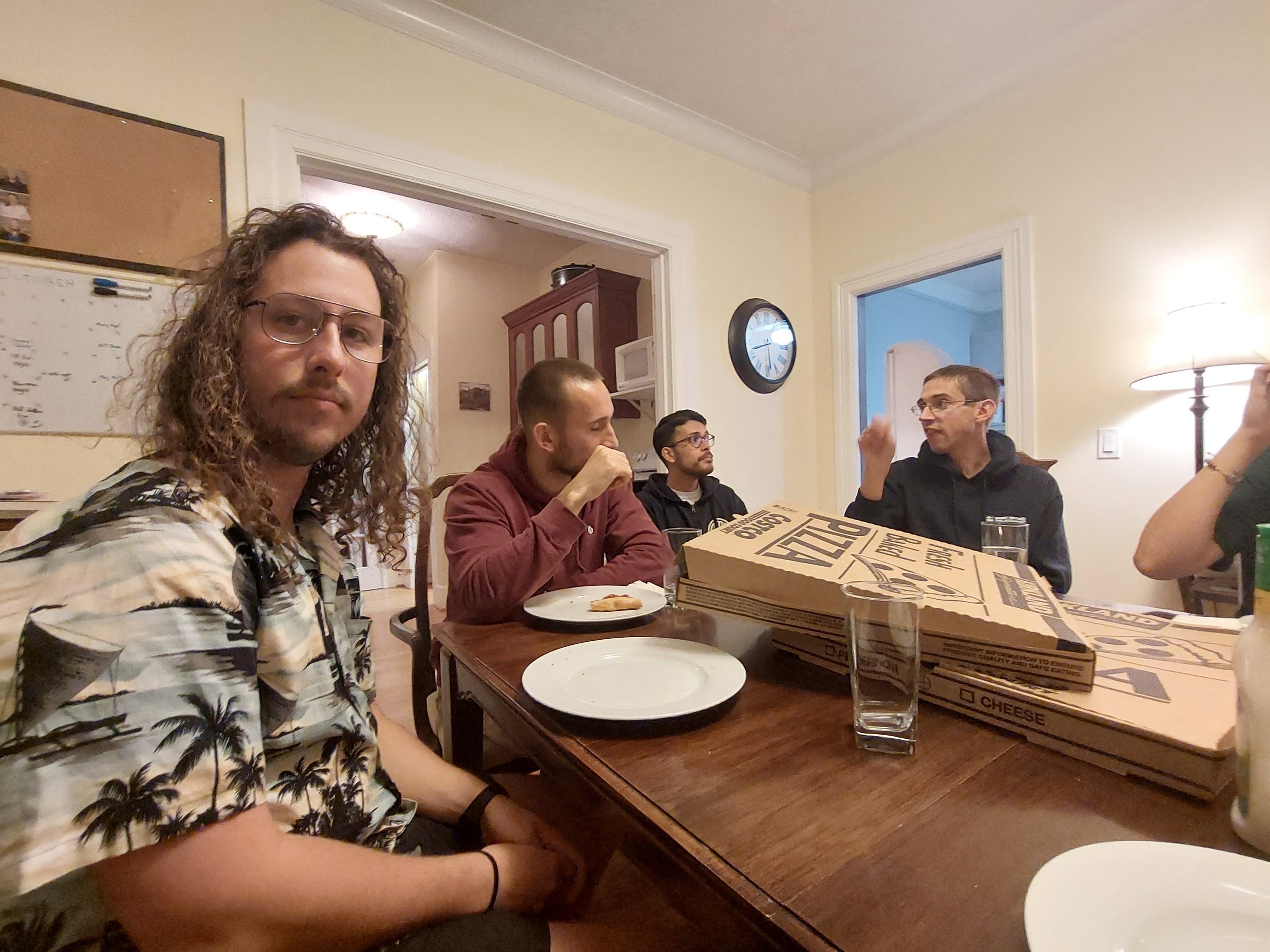Melting Down Our Idols
I thought that I would have it easy living in a community of missionaries. Three housemates, one roommate. Nothin’. I had just come off three years of living with a rotating door of 7 other housemates, and assumed that this would be a simple reduction in dishes that needed washing and floors that needed sweeping.
What I didn’t anticipate was the increase in communion that came with my decrease in community, and how what a glorious struggle that would create. And I’m not talking about the struggle that staff meetings occasionally are.
I’ve come to realize that in every other community I’ve lived in, I have created idols (you remember that lil’ 2nd Commandment God gave Moses back in the day?)—of the community and of the people. This is not to say that I was literally bowing down to other people or to my house. But we have a tendency to judge people based on our own reactions, fears, and desires. We attach our own motives and feelings onto those we see and what they do. I created a subtle idolatry that slowly built up false identities for those I lived with. Instead of individual people and souls, each unique and loved for whom they are, I made miniature versions of me in the friends I lived with.
Because of this, I began to know the people I shared a home with less and less. This flaw is always present in us. It was even present in the apostles! In John 14:9, Jesus says to His apostle, “Have I been with you all this time, Philip, and you still do not know me?” Philip asked his teacher to show him the Father, not realizing that whom he was searching for was right in front of him.
Christ sits in front of us too. He is within us. He is within the person sitting around the table with us. Within the person we share a closet with. Within the person sweeping the floor, or lounging on the couch, or whistling to themselves as they wash the dishes. As Mary and Joseph searched for the young Jesus when he was in the temple, so we are asked to search for Christ in each other, starting with those we live and spend our days with. The great question is, how do we go about this?
A community should bring out the best in you, and make smooth your rough edges. Through the seven homes in which I’ve lived before this year, I’ve seen that happen to me over and over again. Like sanding down a rough piece of wood, each pass increasing in grit, this process gets rid of more and more of the unrefined parts, bringing out goodness. As that goodness grows more visible, we become more ourselves. We become more like Christ.
I never actively looked at myself or any of my communities in this way until this year. I was subconsciously creating these idols of my friends and family—not seeing them fully as who they are, but instead as what I thought they were. But in this knit-together community of Mercy Missionaries™, I’ve been seen and reflected back as what I fully am. Fully Samuel, with Christ hidden inside of me, with my friends holding up a spiritual mirror to my face. The recognition of where my identity truly lies was also a sharp call to begin recognizing where my community’s identity truly lies. When we begin to see Christ in ourselves and in our community, He comes in and destroys those idols we make. As this happens, we are able to truly see others, to see them as God sees them: beautiful, unique, infinitely loved souls.
I’ve come to realize through this destruction of people-idols (which has been a slow, arduous process!) that I have also made Christ-idols. I reduce Christ. I put Him into my own narrowness and the limits of my humanness. He becomes someone whom I cannot disappoint, and who won’t ask too much of me. Instead of making myself like Him, I try to make Him like myself. As a result, when I think I’m doing good by serving Him, I’m really serving myself.
In the roundabout and sneaky way that God works in our hearts, He is able to heal this failing of ours. We are brought into communities who strive to love us. Who challenge us, who make us strain and grown and learn. Who strike at the foundations of the idols we’ve made. As these idols fall, and we can see fully the person in front of us, we are able to see a bit more of Jesus.
Samuel Stucki

